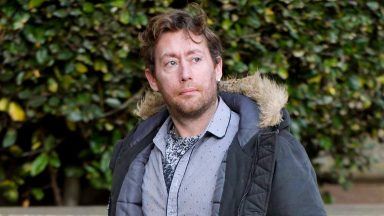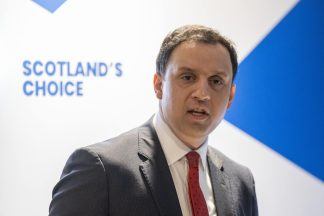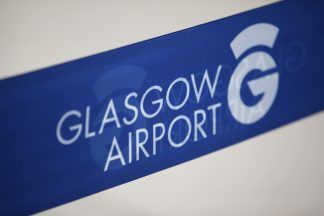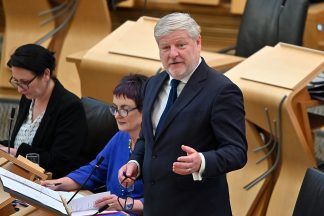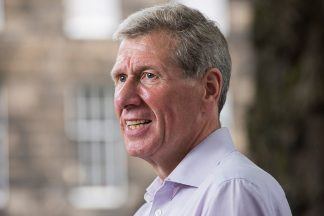The public inquiry into the UK Government’s handling of Covid has threatened the Cabinet Office with legal action over its refusal to publish unredacted WhatsApp messages and diaries during the pandemic.
The inquiry issued the department with a legal notice, made under section 21 of the Inquiries Act 2005, requesting the documents, from January 2020 to February 24, which included 24 notebooks.
But after receiving the order on April 28, the Cabinet Office refused the request, arguingthat it was unlawful.
It claimed some of the material, requested by inquiry chair Baroness Heather Hallett, should remain redacted due to its “unambiguous irrelevance” to her investigation.
This includes messages relating to the “relations between the UK and Scottish governments” during the pandemic, according to documents released by the inquiry.
The communications include group chats between senior ministers, civil servants and advisers during the coronavirus pandemic, including England’s chief medical officer and chief scientific adviser.
They could include messages from former adviser Dominic Cummings, then-chancellor Rishi Sunak, former prime minister Liz Truss, former health secretary Matt Hancock and cabinet secretary Simon Case.

Inquiry documents show Lady Hallet, a former appeals court judge, dismissed the Cabinet Office’s response to her request, arguing her order was within the law.
She said it is for her and her team to decide what is and is not relevant to the inquiry.
Failure to comply with such an order without a reasonable excuse would be a criminal offence, punishable with a fine of up to £1,000 or imprisonment for a maximum of 51 weeks.
Her ruling on the matter, dated May 22, noted that “in order to evaluate the response of the Government and/or of any individual minister to the pandemic, it may be necessary for reasons of context for me to understand the other (superficially unrelated) political matters with which they were concerned at the time”.
She said: “Such matters may acquire greater significance where it appears to me, or it is otherwise suggested, that a minister dealt with Covid-related issues inadequately because he or she was focusing (perhaps inappropriately) on other issues.
“For similar reasons, I may also be required to investigate the personal commitments of ministers and other decision-makers during the time in question.”
Downing Street said the Government is supplying “all relevant material” to the inquiry.
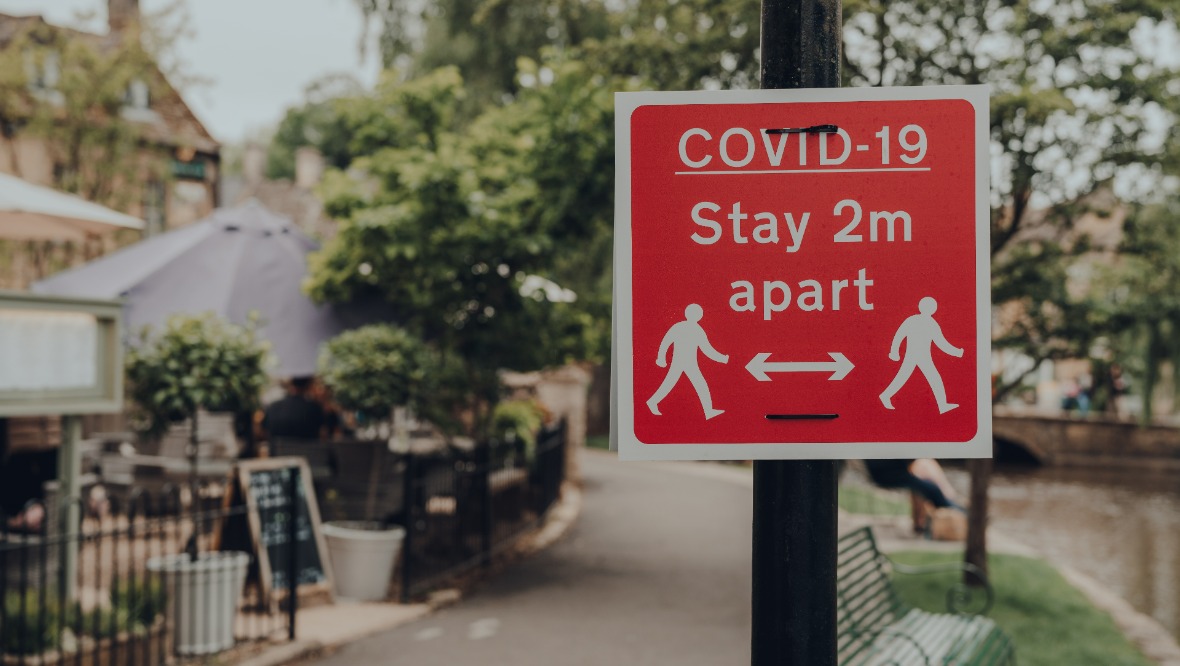 Alena Kravchenko via iStock
Alena Kravchenko via iStockThe Prime Minister’s official spokesman said: “We established the inquiry to ensure the actions of the state during the pandemic are examined as rigorously and candidly as possible to ensure we learn the right lessons for the future.
“The Government remains committed to its obligations to the inquiry and in line with the law.
“We are providing all relevant material to the inquiry.
“We have, of course, continued to comply with requests in line with that principle so that it can undertake its vitally important work.”
The Cabinet Office has already provided more than 55,000 documents, 24 personal witness statements and eight corporate statements to the inquiry.
But the UK Government believes it has no duty to disclose “unambiguously irrelevant” material, Downing Street said.
The Prime Minister’s official spokesman added: “The principle in question here is around disclosure of materials which are clearly irrelevant to the work of the inquiry – for example WhatsApps which are personal in nature, of no relevance to the work of the inquiry, or relate to a wholly different area of policy.
“It’s our position that the inquiry does not have the power to compel the Government to disclose unambiguously irrelevant material, given the precedent that this would set and its potential adverse impact on policy formulation in the future.”
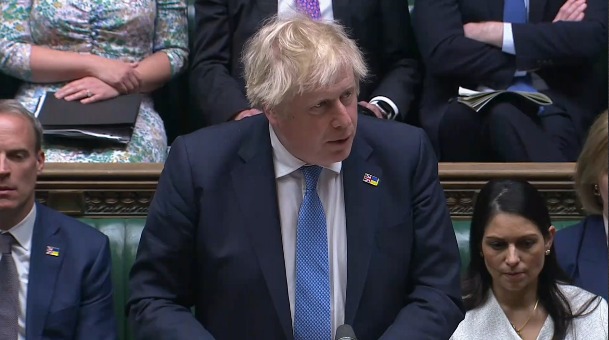 Parliament TV
Parliament TVIt comes as Johnson announced he had ditched Government-appointed lawyers representing him in the Covid inquiry after he was referred to police.
Johnson, in a letter to the chair of the Covid inquiry, indicated he was severing ties with taxpayer-funded lawyers representing him.
It is understood he lost confidence in the Cabinet Office.
“I am currently instructing new solicitors to represent me in the inquiry,” he wrote, adding it “is in the hands of the Cabinet Office to agree funding”.
It follows the Cabinet Office’s decision to hand police information relating to potential further lockdown rule breaches by the former prime minister.
The department said officials were obliged to hand over the information to the Metropolitan Police and Thames Valley Police under civil service rules.
Johnson will now seek new lawyers to represent him during the inquiry, which will be funded by the taxpayer.
Follow STV News on WhatsApp
Scan the QR code on your mobile device for all the latest news from around the country


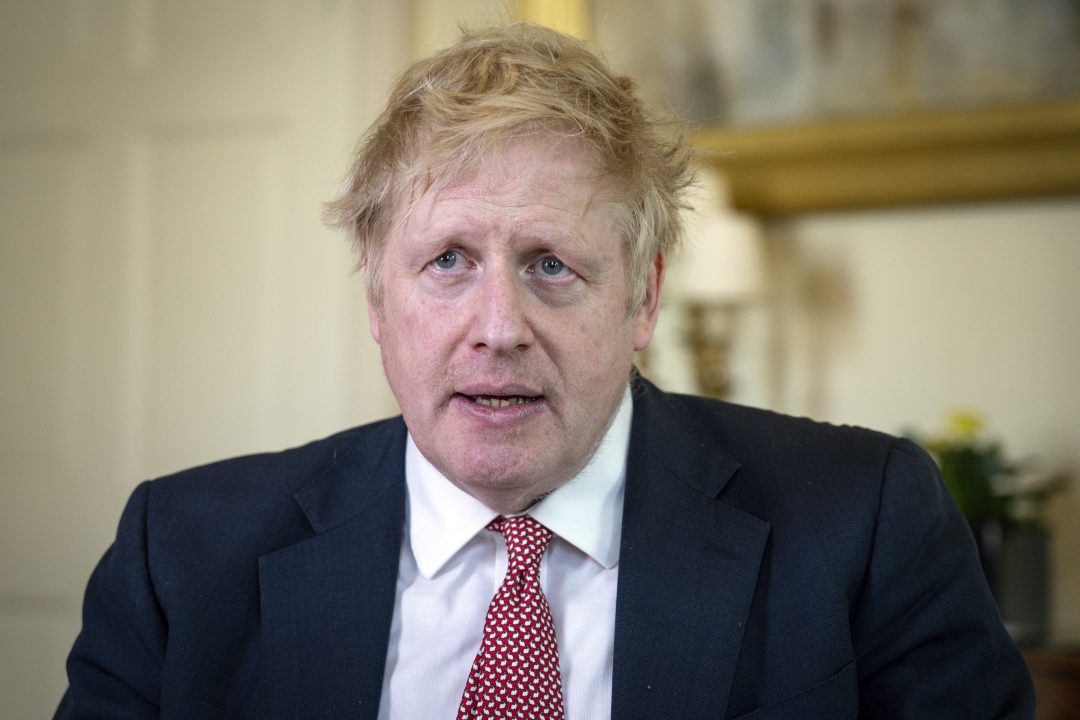 No10 Downing St
No10 Downing St



